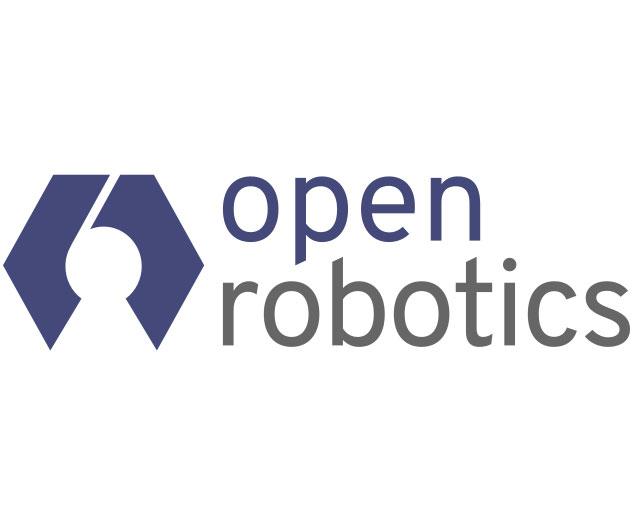
LOS ALTOS, Calif. - Toyota Research Institute (TRI) continues its commitment to open source robotics software by renewing its charitable contribution to the Open Source Robotics Foundation (OSRF). For the second consecutive year, TRI is donating $1 million to OSRF which offers the global robotics community access to open source robotics software and development tools.
“Our support of the open source research community has been a huge asset in our robotics work as well as our automated vehicle development,” said James Kuffner, Chief Technology Officer at TRI. “There is a tremendous amount of talent and creativity in this space, and we’re proud to be supporters and help cultivate potential technology breakthroughs.”
“TRI Robotics directly benefits from improved robotics software and software tools," continued Eric Krotkov, Chief Science Officer at TRI. “We hope the donation will contribute to the ongoing stability for the open source robotics community.”
OSRF is an independent non-profit organization founded by members of the global robotics community to support the development, distribution, and adoption of open source software for use in robotics research and education. The group oversees the development of the Robot Operating System (ROS), a flexible framework for writing robot software, and Gazebo, a 3D multi-robot simulator.
“Open source robotics software systems are becoming more pervasive in the automotive community. TRI is helping to enhance the quality and robustness of our systems to meet the needs of automotive users,” said OSRF CEO Brian Gerkey. “TRI also enables us to conduct vital maintenance and updates on our public-facing services which ensures our systems continue to be accessible and perform flawlessly.”
With the help of TRI’s gift, OSRF plans to improve the features and capabilities of ROS and Gazebo to stimulate further use in automotive applications. OSRF expects the forthcoming second generation of ROS, called ROS 2, to be used heavily in development of software and supporting systems for autonomous vehicles. Software developers can use Gazebo to help with simulated testing to ensure their systems achieve a high level of safety in operation. Over the past year, two major open source self-driving vehicle software systems were independently developed in the ROS community and released under an open source license.
In addition to this donation, TRI is in the midst of a two-year research agreement with the Open Source Robotics Corporation (OSRC), OSRF’s for-profit subsidiary, on a variety of projects.